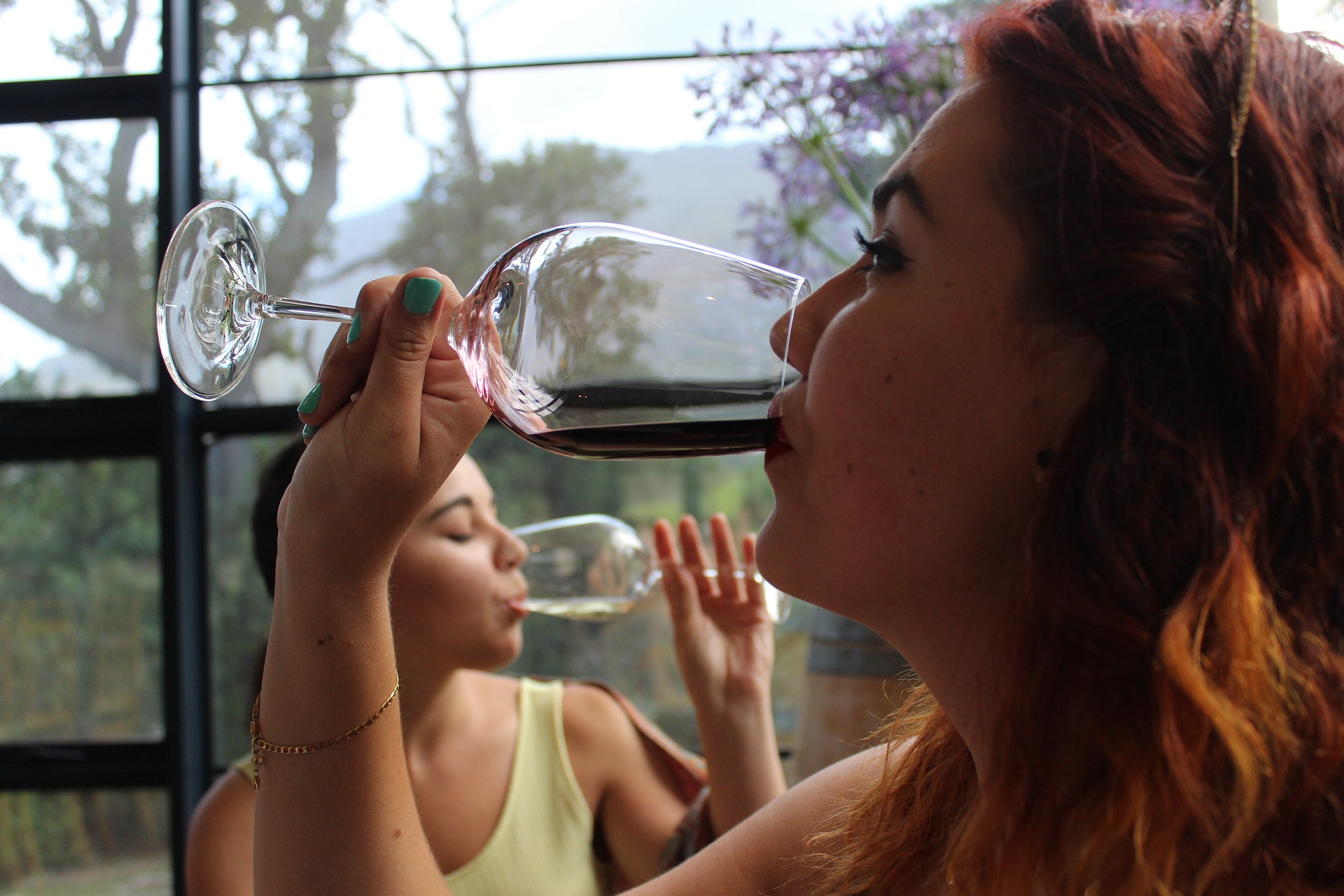News release
From:
Mummy drinking websites – a cocktail of issues
“Mummy drinking” sites and events for mothers to get together and socialise can normalise risky drinking and minimise alcohol-related harms, according to alcohol policy experts.
New commentary from La Trobe University’s Centre for Alcohol Policy Research (CAPR) and North American co-researchers, published in the Drug and Alcohol Review, outlines ways alcohol consumption is too often presented as a solution to the challenges of parenting for mothers, particularly on social media.
The researchers also found that more “sober mums” sites were appearing online as an alternative to “mummy drinking culture”.
Author and CAPR Senior Research Fellow Dr Anne-Marie Laslett said social connection and support for parents is important, but alcohol should not be an essential part of that support.
“Mothers’ events should emphasise the value of shared conversations among adults about common concerns, problem solving and networking. They should not be primarily promoting alcohol as an aid or the solution.”
Dr Laslett said “mummy drinking culture” portrays alcohol as essential to solving problems, dealing with stress, and socialising, and may encourage drinking at risky levels.
“Women do welcome a break from the maternal pressures, and – encouraged by the alcohol industry – alcohol is portrayed as a symbol of that freedom, especially through products such as a champagne, a glass of white wine or a ‘skinny rose’.”
Dr Laslett said COVID-19 has exacerbated stress on families, increased isolation, anxiety and tensions, while easing access to alcohol.
“This cocktail of problems increases the potential for alcohol-related problems and health harms in the home,” Dr Laslett said.
The authors reviewed studies and websites in Australia, Canada and the United States, and found some social media sites claiming to support mothers were actively promote risky drinking. They found Facebook pages with names like ‘Mummy Needs Wine’ mix drinking with offering women a connection to other mothers facing the stresses of parenthood.
“There is evidence that advertising and social marketing contribute to alcohol use and related harms. These promotions increasingly target women, especially young women, including mothers,” Dr Laslett said.
But the authors said there had been some push back on these sites, with former attendees raising concerns about how much they drank. Alternative sites have emerged which support “sober mums”, encourage mothers to reflect on their drinking, and provide support not focused on alcohol.
“These supportive social media websites have the capacity to foster relationships among women and provide them with links to social supports and services when needed,” Dr Laslett said.



 Australia; VIC
Australia; VIC



